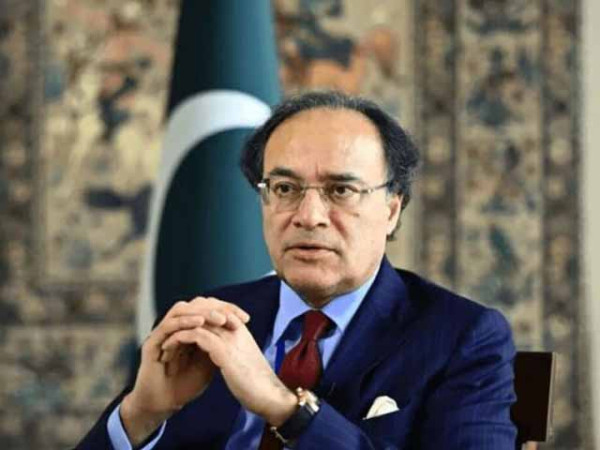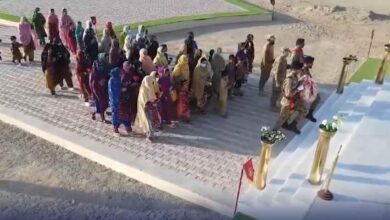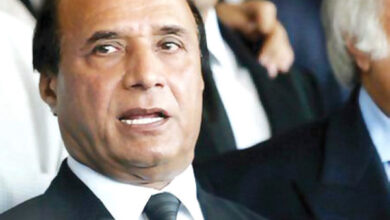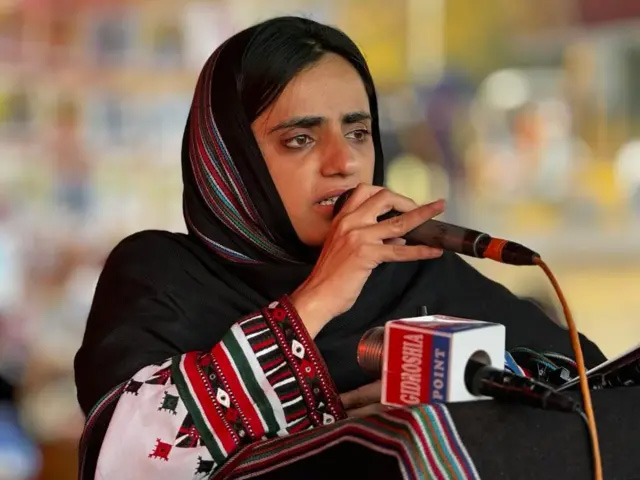Saudi Arabia Can Increase Remittances to Pakistan with More Skilled Workforce, Says Adnan Paracha
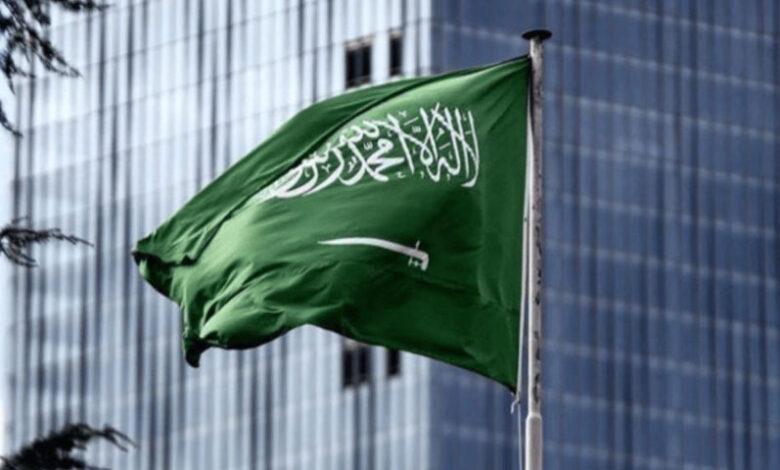
Saudi Arabia is one of Pakistan’s closest allies, providing significant support during difficult times. It is also home to the largest number of Pakistani expatriates, with nearly 2.5 million Pakistanis working in the Kingdom, making it the leading source of remittances to Pakistan. However, experts believe there is potential to significantly increase the remittances Pakistan receives from Saudi Arabia.
According to Muhammad Adnan Paracha, Vice Chairman of the Overseas Employees Association, Saudi Arabia currently receives about 500,000 Pakistani workers annually, the majority of whom are employed in the construction, hospitality, and semi-medical sectors. However, Paracha states that under Saudi Arabia’s Vision 2030, the Kingdom is seeking to hire 1 million Pakistani workers annually, a target that Pakistan is still far from achieving.
Paracha further noted that the Saudi consulate in Karachi plans to increase its staff soon, with the goal of speeding up the visa issuance process and providing more efficient services to Pakistani workers in less time. The Karachi consulate is the only one in Pakistan processing around 2,300 to 2,400 visas daily.
He also mentioned that in the future, Saudi Arabia will have significant demand for IT engineers, hospitality workers, and skilled laborers in sectors like construction. “There are job opportunities in tourism, and there is a growing need for skilled workers in the construction sector, ranging from supervisors to laborers,” Paracha added.
Paracha emphasized that Pakistan must focus on sending skilled and experienced workers to Saudi Arabia, which will benefit both the workers themselves and the country’s economy. The Overseas Employees Association is currently in talks with the government to ensure that young Pakistanis are trained in soft skills before being sent to Saudi Arabia. This would help them adapt to the work environment and understand which job categories suit their skills.
“We are moving towards organizing soft skills workshops so that Pakistan’s workforce can present a positive image abroad. If skilled workers can learn basic Arabic and English in one or two months, it will not only make their stay in Saudi Arabia easier but will also open up new opportunities for career advancement,” Paracha stated.
He also advised prospective workers to avoid scams by visiting the Bureau of Immigration’s official website, where daily updates on overseas promoters are posted. “By contacting the verified promoters listed on the website, workers can avoid being cheated. These promoters place advertisements in reputable newspapers, offering details of jobs that have been approved by the government,” he added.
With these efforts, the Pakistani workforce can continue to play a key role in Saudi Arabia’s economy while also boosting Pakistan’s remittances.


